Support Partners
The European Circular Cities Declaration was developed by a broad partnership of European stakeholders, including cities, international organisations, think tanks, financial institutions, technical experts, and regional collaboration partnerships. You can also express your support for the Circular Cities Declaration by becoming an endorser.
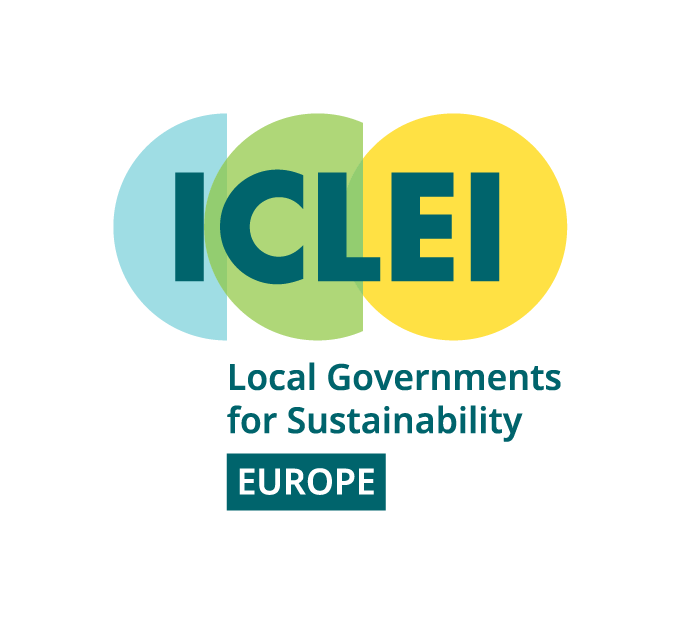
ICLEI Europe
ICLEI - Local Governments for Sustainability is a global network of more than 1,750 local and regional governments committed to sustainable urban development. Active in 100+ countries, we influence sustainability policy and drive local action for low emission, nature-based, equitable, resilient and circular development.

ACR+
ACR+ is an international network of cities and regions sharing the aim of promoting a sustainable resource management and accelerating the transition towards a circular economy on their territories and beyond.
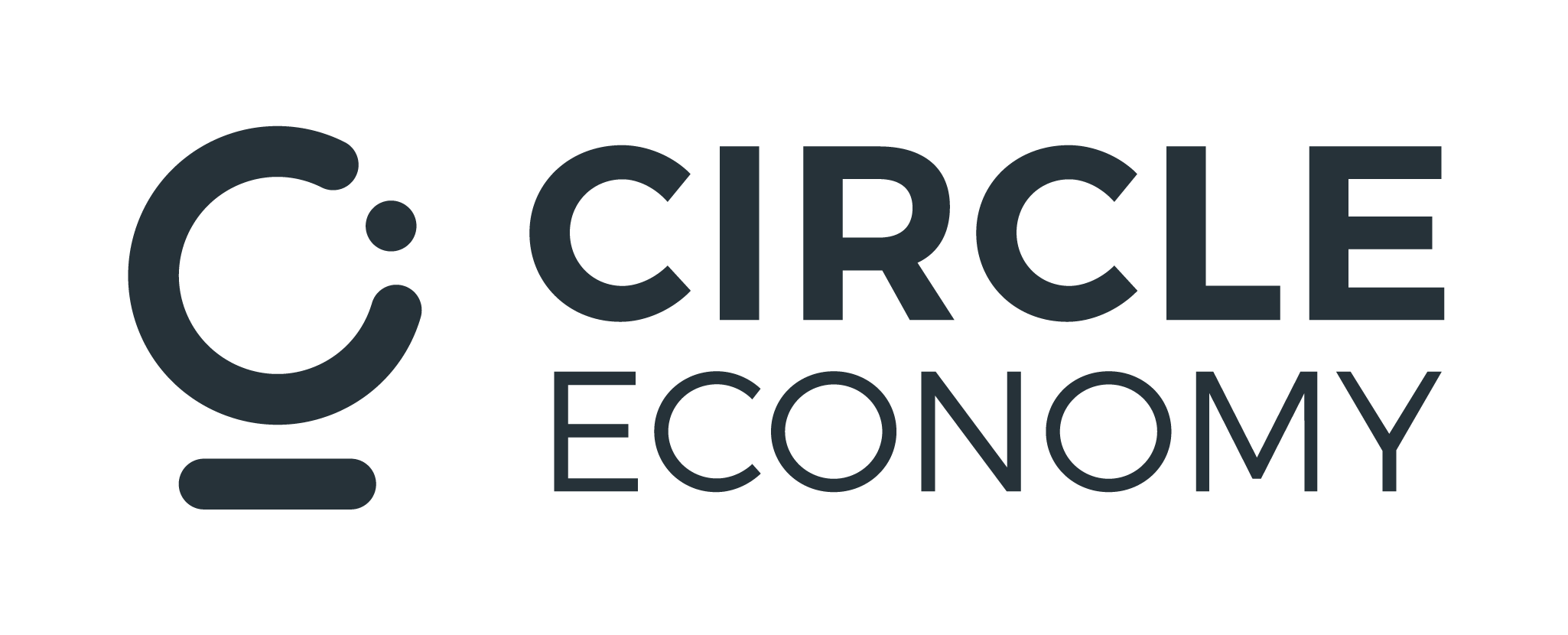
Circle Economy
Circle Economy is a non-profit impact organisation that works alongside businesses, cities and governments to identify and prioritise opportunities to make the transition to the circular economy. Since 2015 Circle Economy has taken cities across Europe, North America, Asia and Africa on a guided circular economy innovation process called the City Scan to help kickstart their circular journey. Using visualised city data and curated stakeholder engagements, the City Scan builds a common understanding of the circular economy and how it relates to the city, and aligns the efforts of local actors toward achieving impact.

Circular Flanders
Circular Flanders is the hub and the inspiration for the Flemish circular economy. It is a partnership of governments, companies, civil society, and the knowledge community that will take action together.
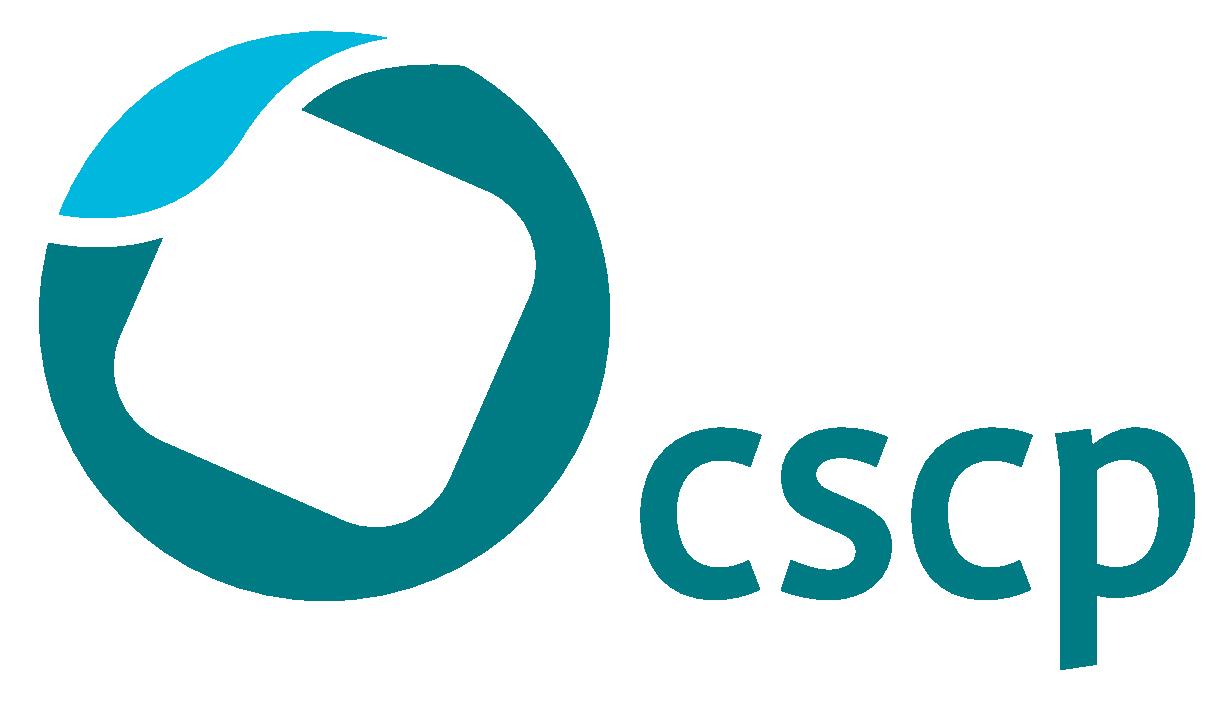
Collaborating Centre on Sustainable Consumption and Production
The Collaborating Centre on Sustainable Consumption and Production (CSCP) is an international non-profit Think and Do tank that works with businesses, policy makers, partner organisations and civil society towards a good life. Cities and Infrastructure is one of the CSCP’s main topics, with a special focus on supporting cities, municipalities, and local actors in the transition to circular economy in a participatory and inclusive way.
See Collaborating Centre on Sustainable Consumption and Production's Website
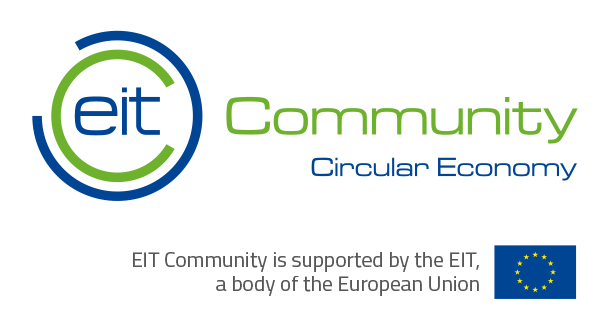
EIT Circular Economy Community
The EIT Circular Economy Community, an initiative led by EIT Rawmeterials, bringing together EIT Climate-KIC, EIT Digital, EIT Food, EIT Manufacturing and EIT UrbanMobility, aims to increase awareness of the work undertaken within the innovation communities, capitalise on the competencies created and share key findings and results with external stakeholders. This will in turn strengthen collaboration with other relevant stakeholders and support the European Institute of Innovation and Technology (EIT) in facilitating market access for innovative solutions developed in participating KICs.

ENEA
ENEA is the Italian National Agency for New Technologies, Energy and Sustainable Economic Development, a public body aimed at research, technological innovation and the provision of advanced services to enterprises, public administration and citizens in the sectors of energy, the environment and sustainable economic development.
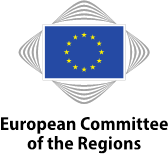
European Committee of the Regions
The European Committee of the Regions (CoR) is the European Union's assembly of regional and local representatives from all 27 Member States. Created in 1994 following the signing of the Maastricht Treaty, its mission is to involve regional and local authorities in the EU's decision-making process and to inform them about EU policies. The European Parliament, the Council and the European Commission consult the Committee in policy areas affecting regions and cities. To sit on the European Committee of the Regions, all of its 329 members and 329 alternates must either hold an electoral mandate or be politically accountable to an elected assembly in their home regions and cities. Click here to read the CoR's political priorities for 2020-2025.
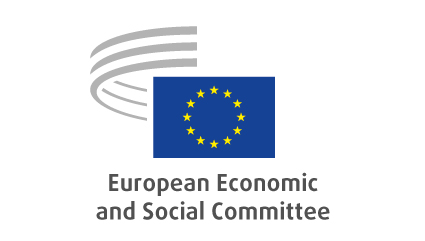
European Economic and Social Committee
The European Economic and Social Committee (EESC) is a consultative body of the European Union and consists of representatives of employers, workers, and other civil society organisations. It acts as a bridge between the European Union and the organised civil society by helping to ensure that European policies and legislation tie in better with economic, social, environmental and civic circumstances on the ground. The EESC contributes to strengthening the democratic legitimacy and effectiveness of the EU by enabling civil society organisations to express their views at European level. Its 326 members deal with a wide range of issues, and their 'opinions' on EU laws and proposals advise the other institutions, namely the European Parliament, Council and Commission.

European Investment Bank
The European Investment Bank is the lending arm of the European Union. It is the biggest multilateral financial institution in the world and one of the largest providers of climate finance. The EIB focuses their lending and advisory on the following areas: climate; environment; innovation and skills; infrastructure; small and medium-sized enterprises; cohesion, and development.
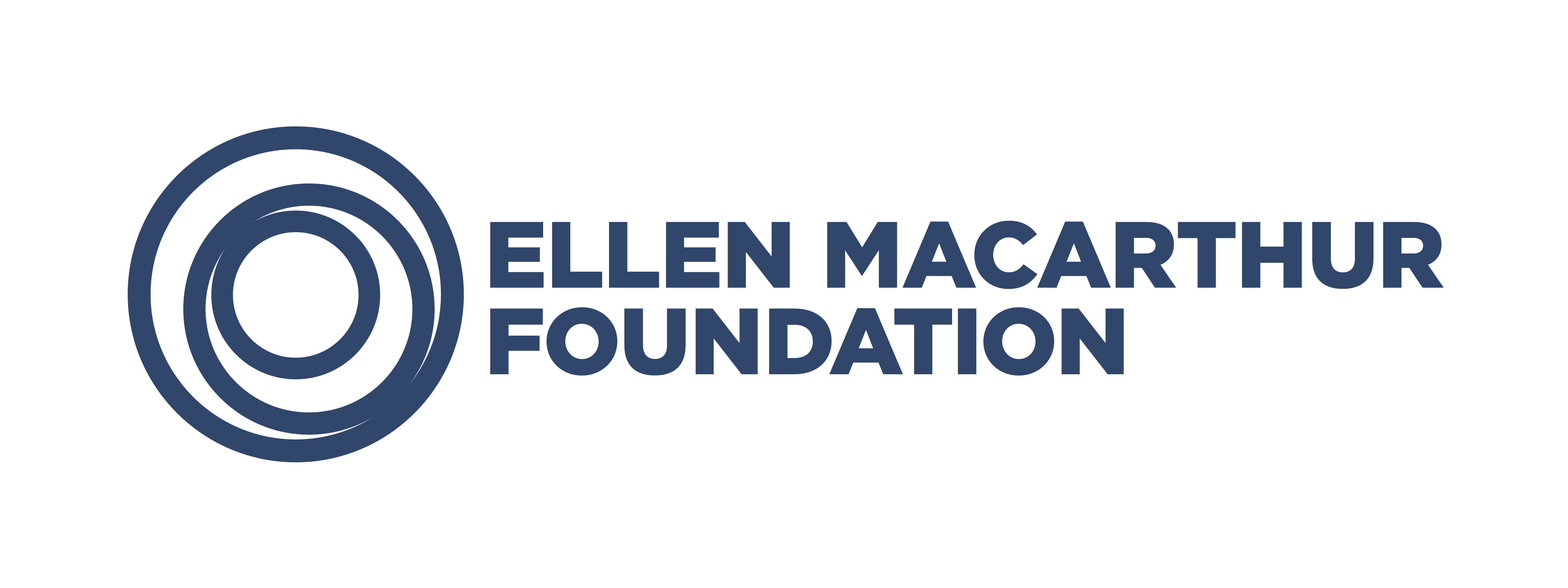
Ellen MacArthur Foundation
Ellen MacArthur Foundation's mission is to accelerate the transition to a circular economy. They develop and promote the idea of a circular economy. They work with, and inspire, business, academia, policymakers, and institutions to mobilise systems solutions at scale, globally.
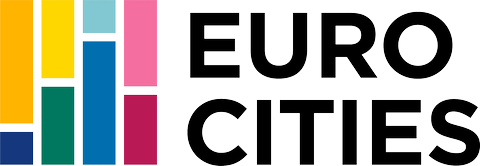
Eurocities
Eurocities is the network of 190 cities in 39 countries, representing 130 million people. Through joint work, knowledge-sharing and coordinated Europe-wide activity, Eurocities ensures that cities and their people are heard in Europe.
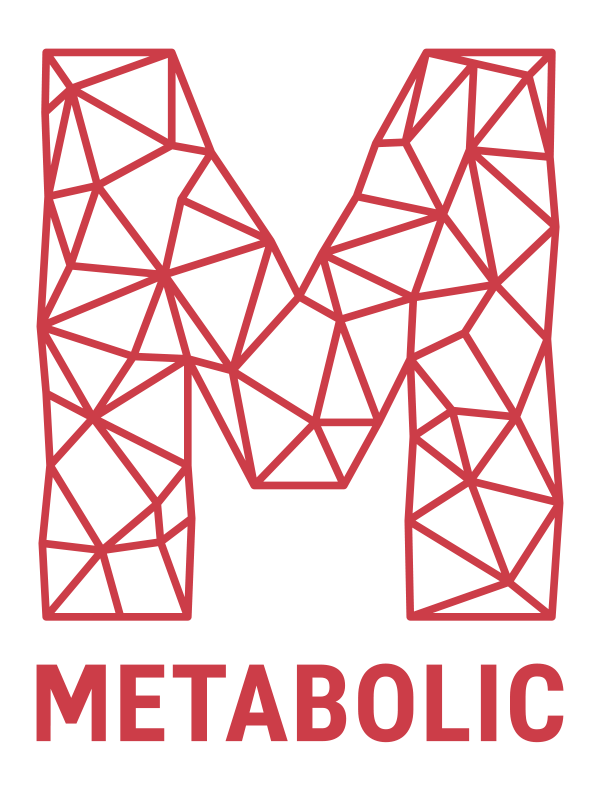
Metabolic
Metabolic's mission is to tackle global sustainability challenges and accelerate the transition to a circular economy. The team specialises in systems transformation methodologies and science-based approaches, working across sectors to build collective intelligence with governments, businesses, and nonprofits, globally.

Metabolism of Cities
Metabolism of Cities is a non-profit collective that facilitates a global network of people working together on systemically reducing net environmental impacts of cities and territories in a socially just manner and context-specific way. Ultimately, this is achieved by creating and sharing urban metabolism (i.e. the study of urban resource stocks and flows) knowledge as well as accelerating its implementation in policy and practice.
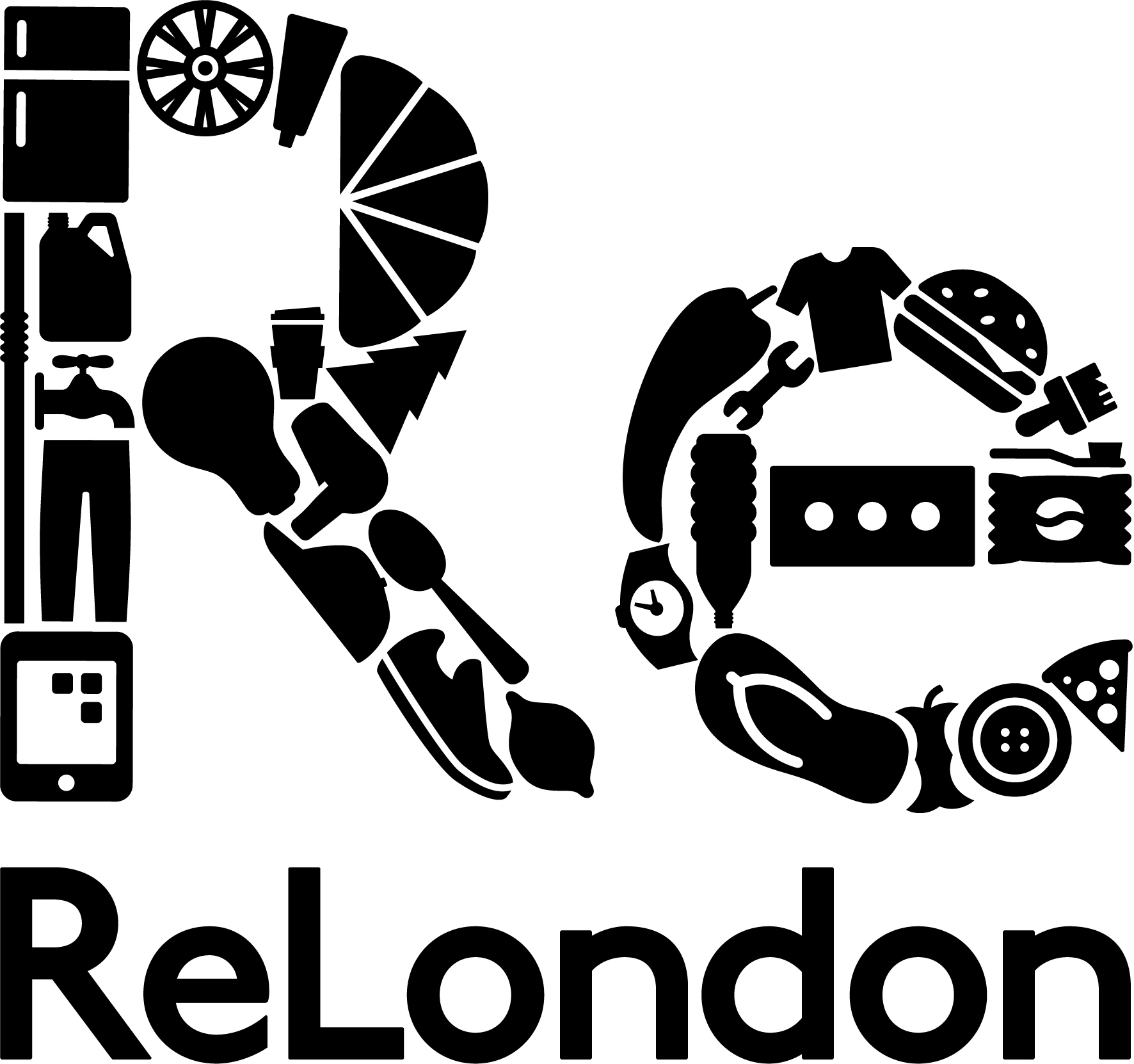
ReLondon
ReLondon is a partnership of the Mayor of London and the London boroughs to improve waste and resource management and transform the city into a leading low carbon circular economy. Our mission is to make London a global leader in sustainable ways to live, work and prosper, by revolutionising our relationship with stuff and helping London waste less and reuse, repair, share and recycle more.

RRA Podravje - Maribor
The Regional Development Agency for Podravje - Maribor is the leading regional development agency in Slovenia and an internationally recognized institution that increases the competitiveness of the Podravje region, raises the quality of life and well-being of its inhabitants through innovative projects and top knowledge and regional and interregional integration. The agency is responsible for more than 50 European and other projects that significantly contribute to the development and raise the quality of life of the inhabitants of the Podravska region, which connects more than 325 thousand inhabitants and 41 municipalities.
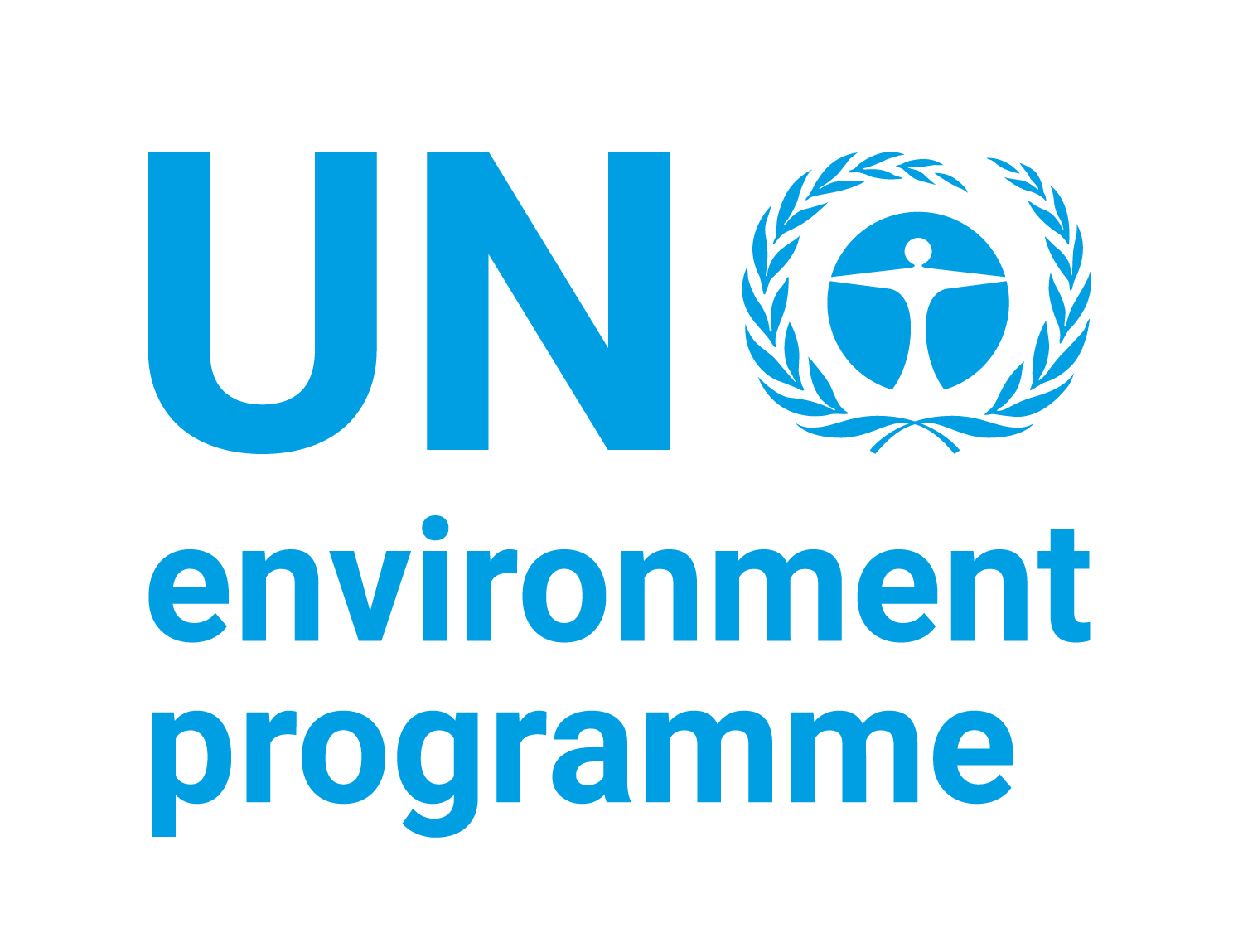
UN Environment Programme
The UN Environment Programme (UNEP) is the leading global environmental authority. UNEP sets the global environmental agenda, promotes the coherent implementation of the environmental dimension of sustainable development within the UN system, and serves as an authoritative advocate for the global environment. As custodian of SDG 12 on Sustainable Consumption and Production, and Secretariat of the One Planet Network, UNEP has been working on various facets of circularity and related topics for decades notably on public procurement, life cycle analysis, circular economy jobs in cities, urban metabolism, building supply chains, food systems, sustainable lifestyles, and consumer information.

VITO
VITO is an independent Flemish research & technology organization, supporting the transition to a sustainable society. All our activities contribute to three impact domains: i) an economy based on sustainable use of raw materials (materials, chemical processes, water and energy); ii) innovative solutions that counteract further global warming and, in the meantime, assist in dealing with the impacts of climate change and responding resiliently to crises; and iii) ensuring affordable and accessible sustainable solutions in a healthy living environment for every citizen. To maximize our contribution to these impact domains, we create innovative technological solutions and actively share our scientific knowledge with businesses and government bodies.
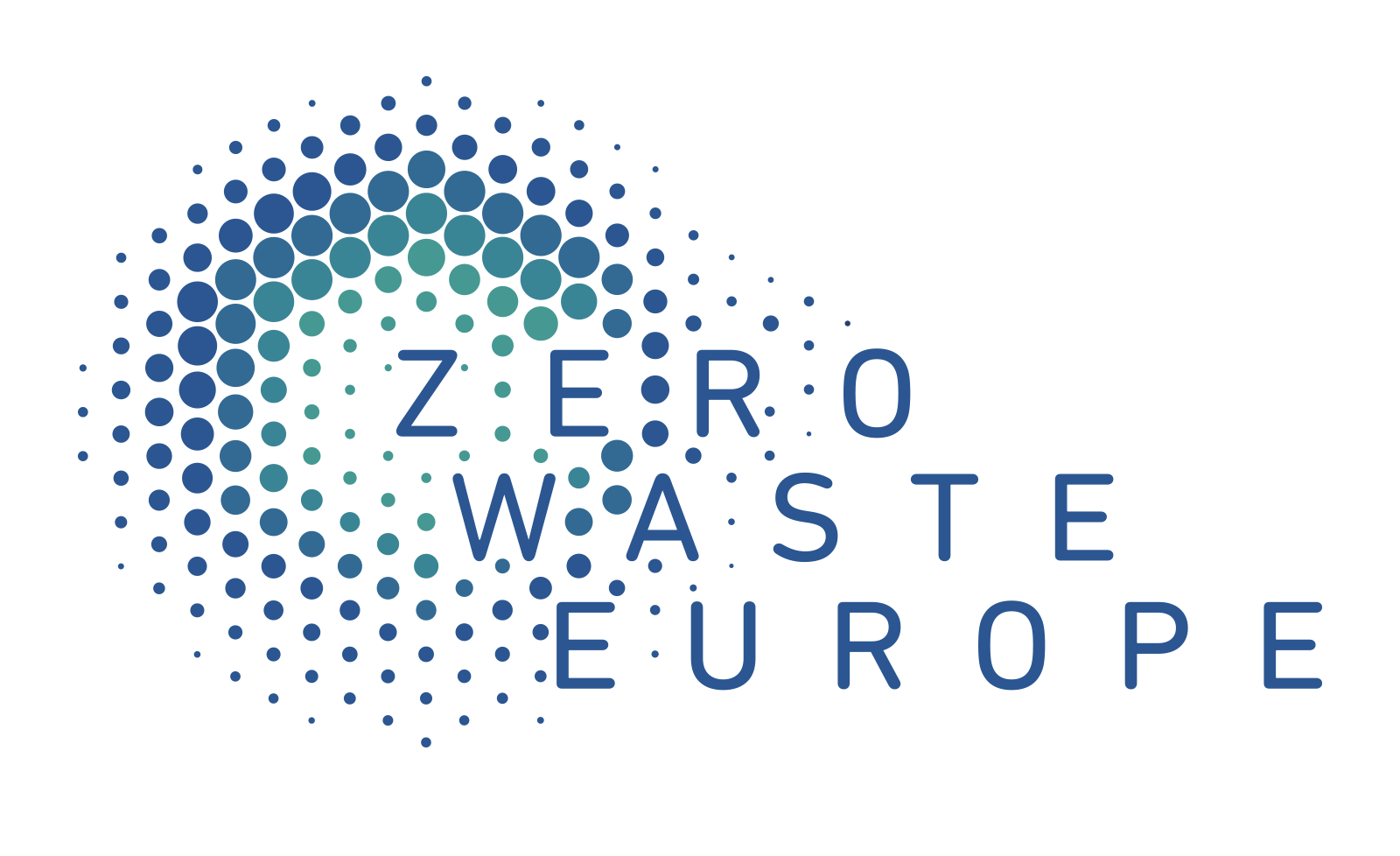
Zero Waste Europe
Zero Waste Europe (ZWE) is the European network of communities, local leaders, experts, and change agents working towards a better use of resources and the elimination of waste in our society. We advocate for sustainable systems; for the redesign of our relationship with resources; and for a global shift towards environmental justice, accelerating a just transition towards zero waste for the benefit of people and the planet.
